Washing your hands is one of the easiest ways to protect yourself and others from illnesses such as food poisoning and viruses such as flu and coronavirus (COVID-19).
Video: How to wash your hands
Watch this video to find out the best way to wash your hands.
Media review due: 15 March 2026
It's a good idea to remove jewellery such as rings and bracelets (if possible) before washing your hands.
You should wash your hands for the amount of time it takes to sing "Happy Birthday" twice (around 20 seconds in total):
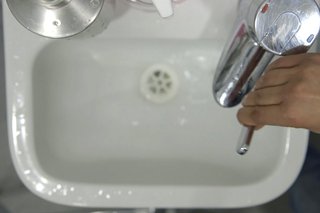
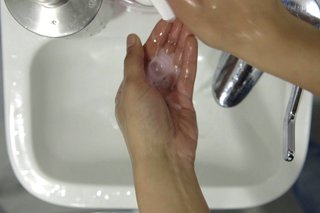
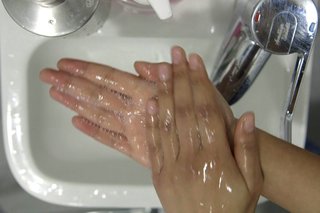
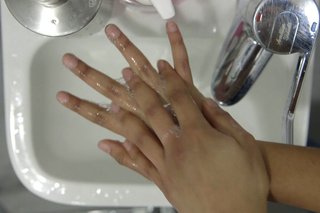
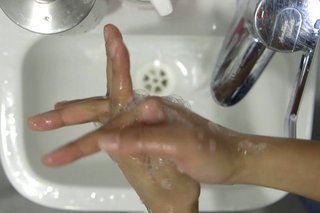
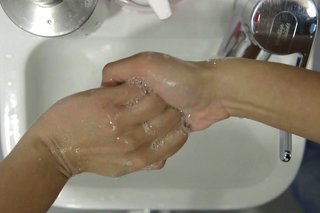
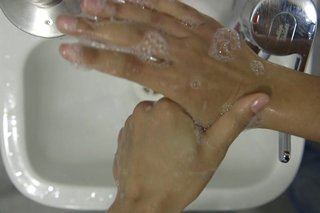
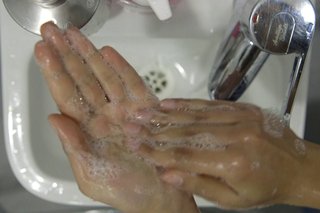
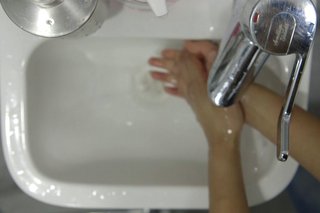
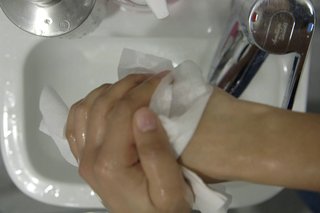
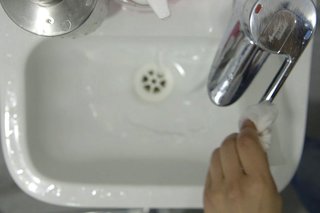
If you do not have immediate access to soap and water then use alcohol-based hand sanitiser if available.
When should you wash your hands?
You should wash your hands:
- after using the toilet or changing a nappy
- before and after handling raw foods like meat and vegetables
- before eating or handling food
- after blowing your nose, sneezing or coughing
- before and after treating a cut or wound
- after touching animals, including pets, their food and after cleaning their cages
Washing your hands properly removes dirt, viruses and bacteria to stop them spreading to other people and objects, which can spread illnesses such as food poisoning, flu or diarrhoea.
It can help stop people picking up infections and spreading them to others.
It can also help stop spreading infections when you're visiting someone in hospital or another healthcare setting.